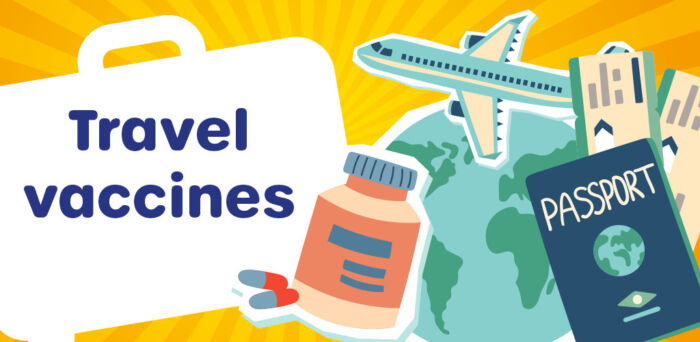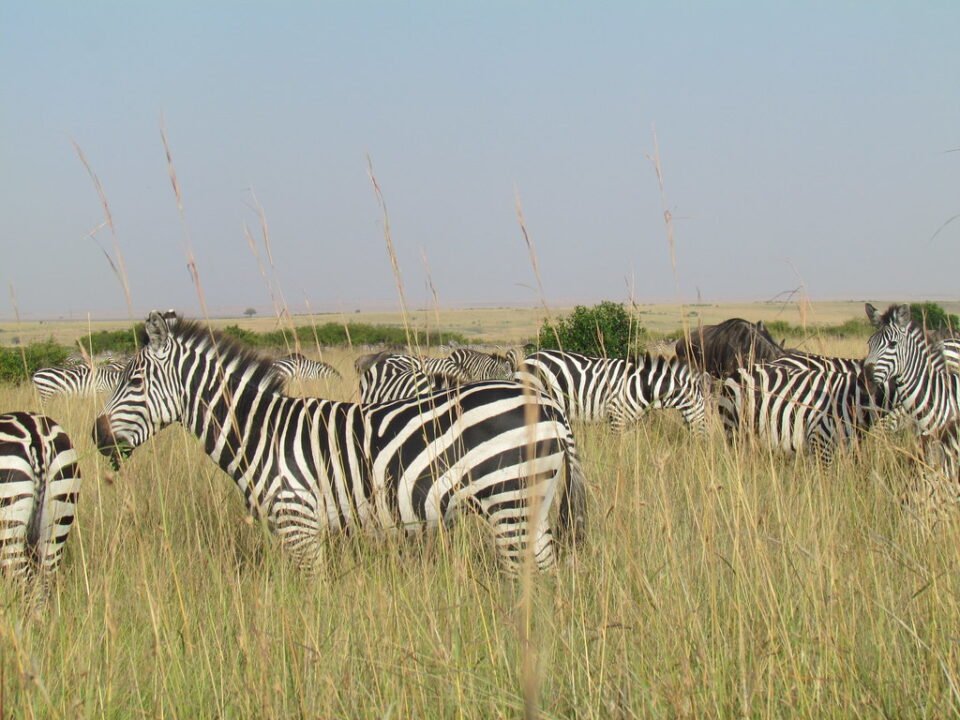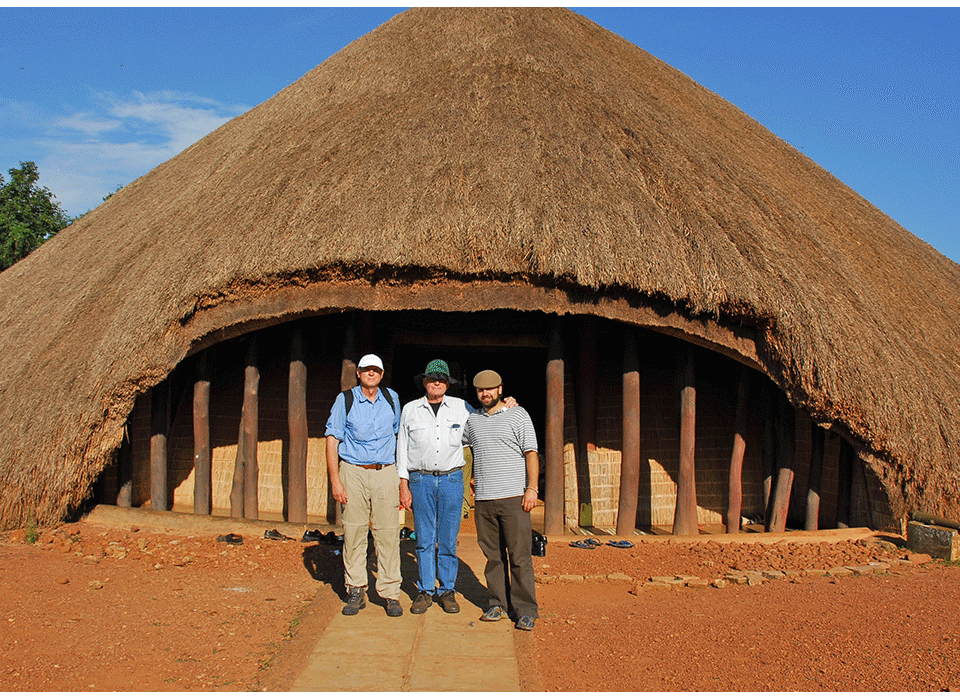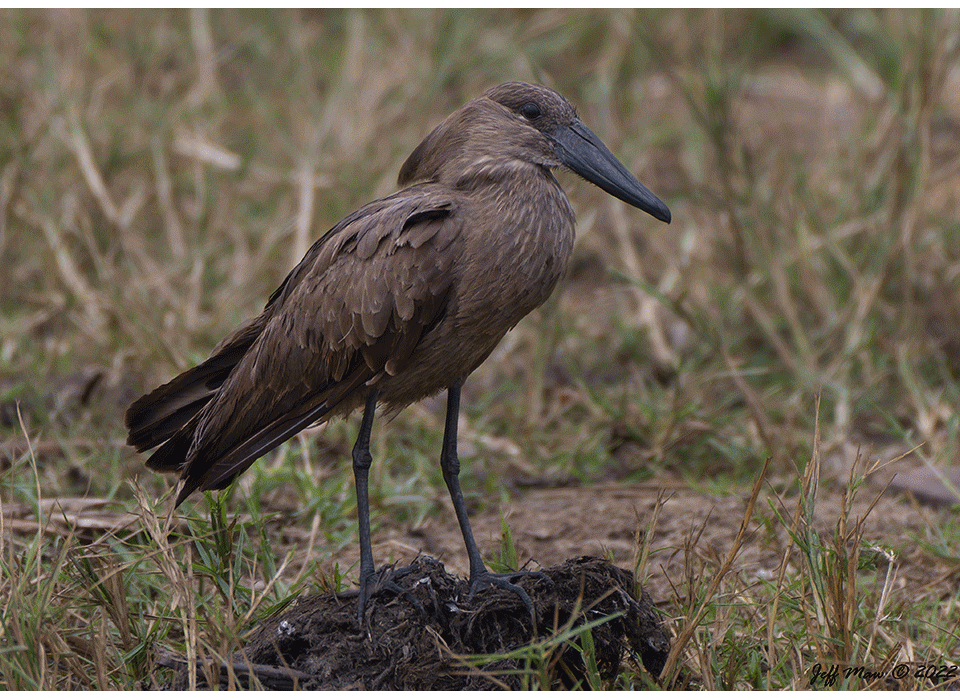
How much should I tip safari guides?
November 20, 2025
Can I drink tap water in Kenya?
November 20, 2025Are Vaccines Required Before Visiting Kenya?
Planning a journey to Kenya opens the door to unforgettable landscapes, vibrant cultures, and extraordinary wildlife encounters. Whether you are heading for the sweeping plains of the Maasai Mara, the tropical coastline of Diani, the dramatic scenery of Samburu, or the bustling energy of Nairobi, preparing your health requirements is one of the most important steps before travel. Vaccinations can protect you from diseases that are uncommon in your home country but more prevalent in tropical regions. Understanding which vaccines are required, which are recommended, and how to prepare for travel health will help ensure a safe, smooth, and enjoyable trip.
Because Kenya’s health guidelines may differ depending on your nationality, travel history, and itinerary, it is vital to understand the basics before your trip. This detailed blog explains the common vaccine requirements, clarifies which ones are mandatory, highlights recommended immunizations, and helps you plan what to do before you depart.
Are Any Vaccines Mandatory for Visiting Kenya?
The good news is that most travelers entering Kenya are not required to show proof of vaccination unless they are arriving from, or have transited through, a country where Yellow Fever is present. Kenya itself is a Yellow Fever–risk country in some regions, which is why it has long followed international health guidelines relating to Yellow Fever prevention.
If you are coming directly from a country without Yellow Fever transmission—such as the United States, Canada, most European nations, Australia, or many parts of Asia—Kenya typically does not require you to present a Yellow Fever vaccination certificate. However, if you have recently traveled to or transited for more than a few hours through a Yellow Fever–risk country, you will be required to present proof of vaccination upon arrival.
This rule applies to travelers of all ages, although infants younger than nine months are generally exempt from receiving the vaccine due to medical guidelines. It is important to keep in mind that immigration and health regulations can change, and some border points may enforce rules more strictly than others. Because of this, most experienced travelers and safari companies recommend carrying the Yellow Fever vaccination certificate even if your itinerary doesn’t legally require it, especially when combining Kenya with trips to Uganda, Rwanda, or Tanzania, where Yellow Fever certificates may also be requested.
Why the Yellow Fever Vaccine Matters
Yellow Fever is a mosquito-borne virus found in parts of Africa and South America. Although rare for tourists, the illness can be severe, and vaccination is considered the most effective prevention. The vaccine is typically administered as a single lifetime dose. After vaccination, travelers receive the International Certificate of Vaccination or Prophylaxis (ICVP), commonly known as the Yellow Fever card, recognized worldwide.
If your travel route includes multiple East African destinations, having this certificate can make border crossings smoother and faster. Some safari travelers choose to get vaccinated not because it is required, but because it simplifies travel logistics and offers peace of mind.

Global healthcare.
Recommended Vaccines for Visiting Kenya
Even though few vaccines are strictly mandatory, several immunizations are strongly recommended for travelers due to Kenya’s climate, environments, and rural-to-urban travel patterns. While these are not required for entry into the country, they are important safeguards for your health, especially for those planning wildlife safaris, cultural visits, or outdoor activities.
The following vaccines are commonly advised for visitors:
Tetanus and Diphtheria
These routine vaccines are strongly recommended, particularly for safari travelers who may spend time outdoors or in remote areas. Cuts, scrapes, or minor injuries can occur, and being protected against tetanus is essential.
Hepatitis A
This vaccine protects against a virus transmitted through contaminated food or water. Since travelers often try new dishes or visit local restaurants, Hepatitis A protection is considered standard advice for Kenya.
Typhoid
Typhoid is also food and waterborne. The vaccine is recommended for travelers who plan to explore beyond luxury resorts or eat in local establishments. Many safari itineraries include home-cooked meals, cultural experiences, or lodge buffets, making typhoid vaccination a smart precaution.
Hepatitis B
Hepatitis B vaccination is recommended for long stays, medical volunteers, or travelers who want added protection. It is usually part of standard childhood vaccination schedules in many countries.
Rabies
Kenya has rabies present in both wildlife and domestic animals. While the risk for ordinary safari tourists is low, those spending long periods outdoors, visiting remote areas, or working with animals may consider this vaccine.
Measles, Mumps, and Rubella (MMR)
Travelers should ensure they are up to date with routine MMR vaccines, especially because occasional outbreaks can occur globally. Many countries already include this vaccine in standard immunization schedules.
Malaria Prevention in Kenya
While malaria vaccination is not required for entry and is not typically part of travel-immunization lists, malaria prevention is crucial for most parts of Kenya. Malaria is transmitted by mosquitoes, particularly in lowland and warm regions. Although high-altitude places like Nairobi or the central highlands have lower risk, most safari destinations—including Maasai Mara, Tsavo, Amboseli, Samburu, Lake Nakuru, and the Kenyan coast—are malaria zones.
Travelers should discuss malaria prevention with a medical provider. Prevention may involve taking prescription antimalarial medication before, during, and after your trip. In addition to medication, you should also use insect repellent, sleep under mosquito nets when available, and wear long clothing in the evenings.
When to Start Planning Your Vaccination Schedule
Vaccinations are not something to leave until the last week before travel. Some immunizations require more than one dose, while others take time to become fully effective. Ideally, travelers should consult a travel health clinic or medical provider four to six weeks before departure. This timing is important for:
Ensuring all recommended vaccines can be administered
Allowing the Yellow Fever vaccine (if needed) to take effect before travel
Getting prescriptions for malaria medication
Understanding destination-specific health precautions
If you have a complex itinerary that includes multiple African countries, a healthcare provider can help you plan your health documentation in the proper order.
Traveling with Children to Kenya
Families traveling with children should pay extra attention to vaccine requirements. Routine childhood immunizations should be up to date, including MMR, polio, and tetanus. Yellow Fever vaccines are not given to infants under nine months, and additional medical advice may apply to toddlers and young children. Because safari travel often involves long days outdoors, sun exposure, dust, and wildlife proximity, proper planning ensures a safe and memorable trip.
Your doctor may also advise on child-specific malaria medication and insect protection strategies. Many families travel safely to Kenya each year, and with careful preparation, children can enjoy wildlife and culture just like adults.
Staying Healthy During Your Trip
Vaccinations are only part of staying healthy. Travelers should also pay attention to everyday safety habits:
Drink bottled or filtered water
Use sunscreen and wide-brimmed hats under strong equatorial sun
Wash hands regularly or use sanitizer
Be cautious with street food and uncooked dishes
Use insect repellent, especially in the evenings
Listen to your safari guide’s safety instructions
Safari camps, lodges, and hotels in Kenya maintain high standards of cleanliness and hygiene. Still, good personal habits contribute greatly to your overall comfort.
Why Travel Health Preparation Matters
Beyond regulations, vaccines and preventative health measures allow you to explore Kenya with confidence. They protect not only you but also the communities you interact with. Kenya’s rich cultural diversity includes rural villages, pastoralist communities, urban neighborhoods, and coastal towns, each with different environmental conditions. Preparation ensures you are ready for all of them.
Travel health preparation also prevents unexpected disruptions. Falling sick far from home can be stressful, especially in remote safari destinations where medical support may require long transfers. Vaccinations are an investment in peace of mind and smooth travel.
Plan Your Kenya Safari with Peace of Mind
Your safari experience should be exciting, relaxing, and memorable. Working with a trusted safari operator ensures seamless planning, safe travel routes, professional guides, and helpful guidance—even with health-related questions. Experiya Tour Company provides well-organized tours across Kenya and East Africa, handling every detail with professionalism and personalized care. Their knowledgeable team ensures travelers understand safari guidelines, health recommendations, and destination-specific tips.
For a well-prepared, immersive, and worry-free adventure, booking your journey with Experiya Tour Company is highly recommended.




